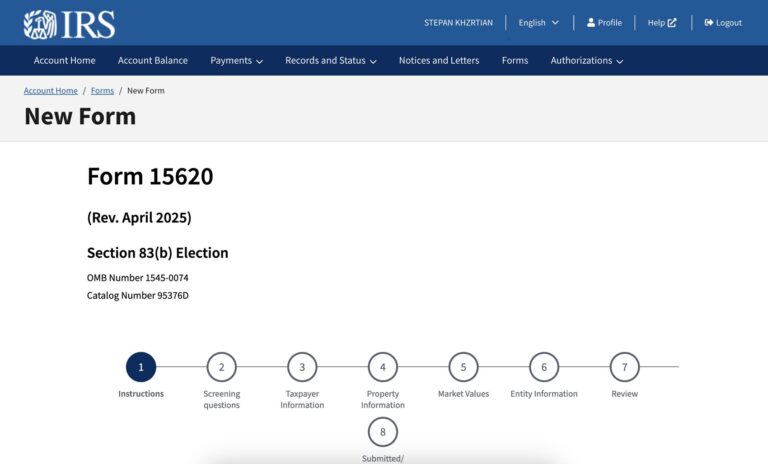This is the tenth post of Mistakes Founders Make, a series of blog posts that shine light on legal mistakes that startups commonly make and attorneys have to fix. Keep in mind that the post sacrifices detail for simplicity and is for informational purposes only. It should not be taken as advice — whether legal, tax, or other — and does not create an attorney-client relationship.
Just the basics
What’s the problem?
You decide that online templates and available legal tech tools are sufficient to take care of your legal needs for the first year or so. This path has potential pitfalls, such as not knowing which templates to use, using outdated ones, not customizing them to your situation, or using terms that don’t reflect common practice.
How bad is it?
It depends on the stakes involved for the transaction where you decided to wing it. Remember that legal contracts are technically forever; once signed, you’re unable to change them without mutual consent. In a high-stakes situation, you can see how this can potentially have critical consequences.
How do I avoid this?
Sometimes, a 10-minute chat with a competent corporate attorney is all you need to avoid a future headache and large bill. Work with an attorney that can be flexible and honest with you, adjusting their involvement based on the stakes involved. “Prevention is better than cure”: this is the mantra I followed in my private practice, and it’s what’s driving development at Corpora today.
What do you mean by “winging your legal”?
I mean going DIY (“do it yourself”) with your legal, taking it into your own hands — and by “legal,” I mean your legal documents and decisions that are going to impact your company’s legal health.
All the standard documents that attorneys use are widely accessible. Why shouldn’t I just use those?
Startup law has significantly benefitted from the commoditization of the industry. You can obtain excellent-quality templates for free online. That said, you’re likely going to face a few shortcomings with those templates:
- You may be unsure whether the source of those templates are trustworthy or not. Search for “stock plan template,” and you’re bound to get a myriad of documents with different names drafted for different situations.
- Sometimes, the templates are outdated. This may mean the document has critical gaps — or simply it’s just… old, and the startup world has since moved on in the way it does things.
- One or more of your transactions may involve a special term. Templates aren’t final documents; they’re starting points. Unless all of your transactions are plain vanilla (that is, ordinary in every way), the template is going to need customization.
- Chances are you’re unaware of what’s “market” (that is, what’s common practice). Templates often don’t give you this insight. You don’t want to have a legal document that is great in every other way… except that some of its main terms deviate from what’s commonplace.
You know what, I’ve learned that “good enough is good enough.” It’s not always worth spending a fortune on attorneys.
You’re right, but with a caveat: it’s important to know when good enough is good enough and when it is not, and you may not be the best judge of that distinction.
It’s also important for the main stakeholders in this conversation — startups and counsel — to go beyond this binary mindset: that you either DIY it or you hire expensive counsel.
What’s the middle ground? DIY-ing it in some cases and hiring counsel in other cases?
In fact, no: I mean having an attorney at every step of the way — even when you DIY it — to throw a quick look at low-stakes, straightforward tasks and be more involved in high-stakes, complex tasks.
A 10-minute chat with a competent corporate attorney can go a long way in saving you future headache. “Prevention is better than cure”: this is the mantra I’ve preached in my legal practice, and it is now the driving motto at Corpora.
Simply put, we’re not building Corpora to displace lawyers; we’re building it empower startups and counsel alike to get legal done, to facilitate their collaboration, and to make it easier to get that 10 minutes of insight — all with the goal of helping founders avoid costly mistakes before they happen.








